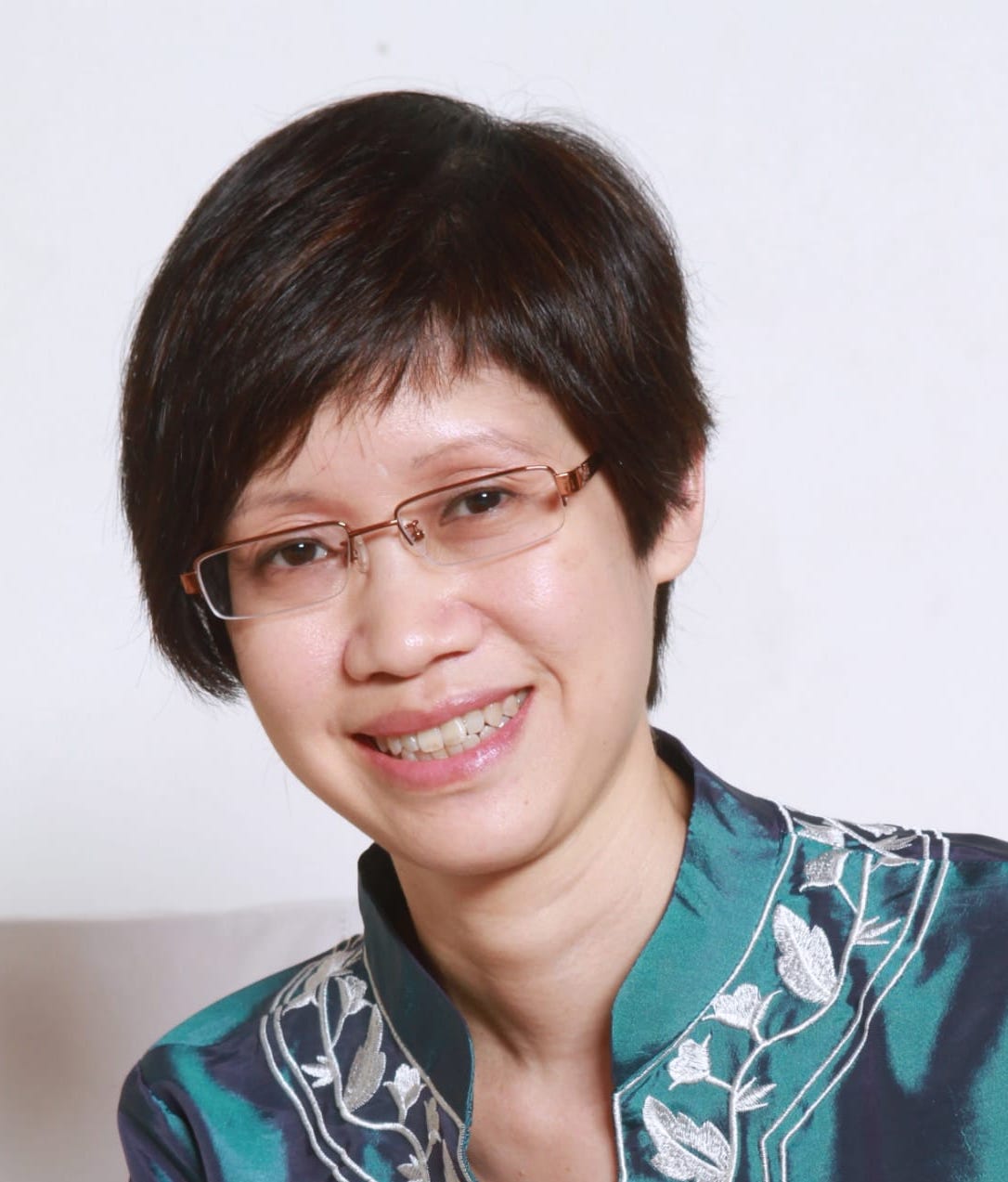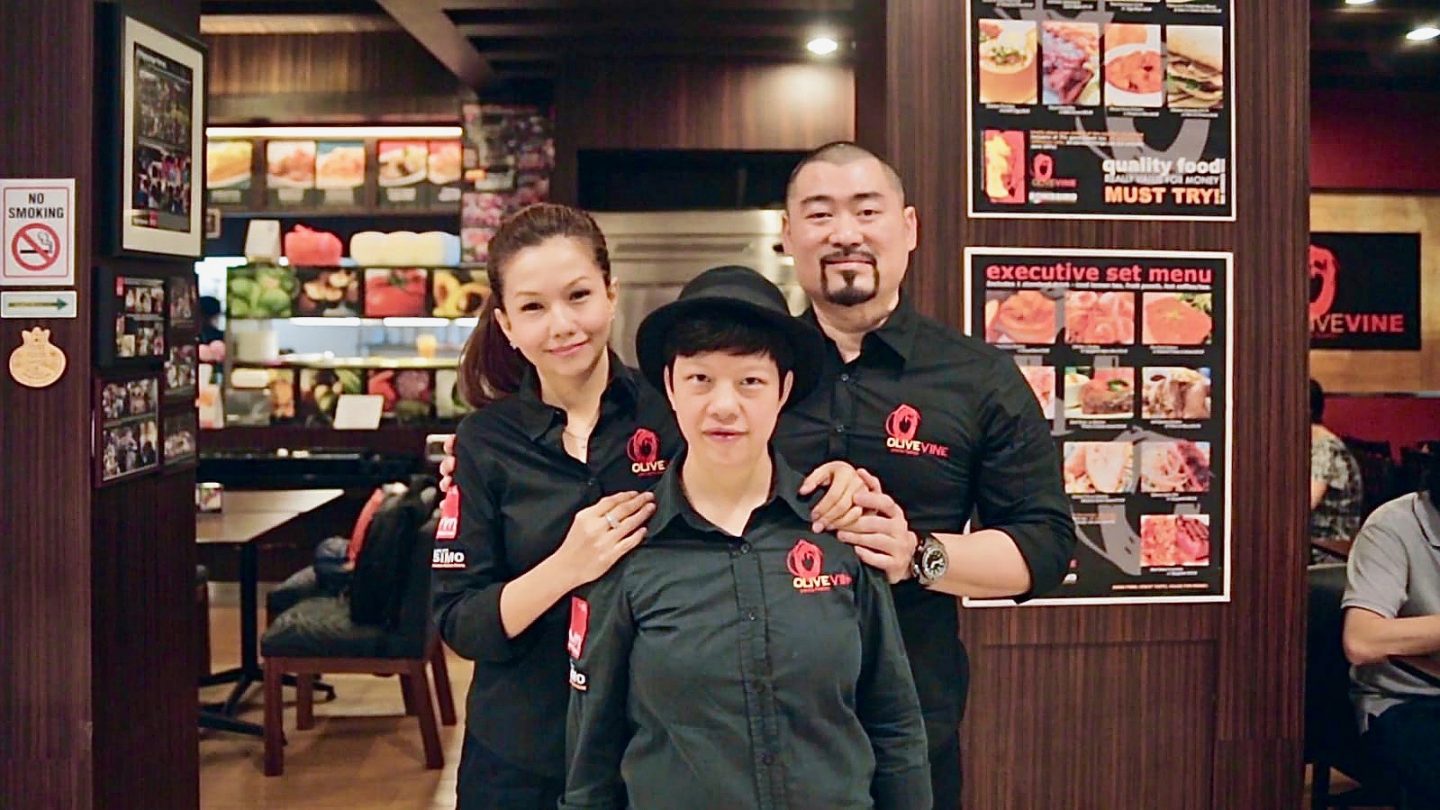Beyond knowing: What if we simply obey God’s Word?
A new Salt&Light series titled Urban Shalom focuses on what it means to be a missional church community in a local urban neighbourhood.
Saw Seang Pin // January 9, 2019, 6:00 am

What if we show love to others beyond our own families and invite singles and foreigners to our Chinese New Year dinners? Photo by Chris Devers on flickr.com
My personal view is that the Singapore church knows too much.
More specifically, I think the Singapore church values knowledge so highly that it has come at the expense of obedience.
What did Jesus command us to do in Matthew 28:20 to teach all nations? Sometimes it seems that we think Jesus commanded us to teach doctrine or theology, whereas the command is actually to teach all nations to obey! To change behaviour and attitudes.
Know and do
How much information does one need to have in order to obey? I would say: Not a lot. At least, not as much as we think.
I see a gap between knowledge and obedience.
Both head and heart must be involved in following Jesus; it’s not a zero-sum game.
And I think this gap, this habit of talking more than walking, this loss of simple obedience to the commands of Jesus, could have landed us where we are in terms of the gaps and divides that dog us now, such as the sacred and secular divide, the church/home/work divide, and the proclamation versus demonstration schism.
Perhaps when followers of Jesus simply and non-selectively obey the plain meaning of His words, they will naturally experience the full-orb of transformation that shines a light in a crowded urban space and clears a path through the complexities and detritus of city life.
Of course, I’m not saying that knowledge is not important. The Church must continue to promote a deeper understanding of the Bible. Both head and heart must be involved in following Jesus; it’s not a zero-sum game.
Highly-educated urbanite Singaporeans should put at least the same amount of effort into understanding the Bible as they put into their education or careers. That some Singapore pastors are observing falling levels of Bible literacy among young Singaporeans, even well-educated Singaporeans, is a real issue that needs to be addressed.
You don’t need a lot of theology to love your neighbour in action.
My point, rather, is that the Church in high-achieving Singapore may have taken on too much of the kiasu “know-in-order-to-ace-exam” culture of Singapore. In balancing the dual polarities of “knowing” and “doing”, we may have over-emphasised “knowing” to the detriment of “doing”.
For what we need to know or understand in order to take action may not be as much as we may think.
You don’t need a lot of theology to love your neighbour in action.
Endless possibilities
A shift away from the “cheem” (slang for complicated) sermon or quibbling theoretical Bible study, to simple (but deep and impactful!) taking of God’s Word to heart could minister to a more diverse congregation.
What is our emphasis in our programmes and priorities: Correct understanding, or change in behaviour or attitude?
For example, could our cell groups be more about love and good deeds? Could sermon discussions be about what we will do in response, instead of rating the preacher’s style and content? Can sermons highlight practical applications and follow up in the weeks after?
What if our church community were about spurring one another to obey God’s Word?
Not in a judgemental way, for we are all learning and journeying together on the hard road of obedience, but imagine what it would be like if we all just obeyed: Is that really too radical or unthinkable?
Imagine what it would be like if we all just obeyed: Is that really too radical or unthinkable?
Could Christian employers of domestic helpers read Exodus 20:8 and – instead of parsing the relevance of the Old Testament and debating dispensationalism – simply obeyed by giving their helpers a full day off every week? What if it became the case that every domestic helper who came to Singapore wanted a Christian employer because they knew they would get the best working terms?
What if we read Deuteronomy 15:7-11 and started a ministry among the poor in Singapore?
What if we read Genesis 1:25-31 and resolved that in our homes and in our church we will reduce waste?
What if families read 1 Peter 4:8-9 and decided in all that they plan and do, they will show love to others and not just their own? Maybe invite singles or foreigners to their Chinese New Year dinners, share food with their neighbours, let missionaries who can’t afford our expensive hotels stay with them?
What if we read Matthew 28:18-20 with fresh eyes, stripped it of its ‘mission-ese’, and every follower of Jesus started telling their friends, family and colleagues about Jesus and pointing them to the Word?
What if Christian businessmen read the story of Jesus visiting Zacchaeus, and decided that they were going to give back to everyone they had cheated or short-changed?
What if we read Ephesians 6:2-3 and decided that we must stop being impatient with our aged parents and start visiting them more often?
Collective effort
Whatever is stopping us from obeying more, I feel sure that it isn’t because we need to study or know more.
Perhaps we can lean into practices of talking about, committing to, following up on and, most of all, collectively doing acts of obedience, in all that we do in church. And cultivating habits of accountability, honesty, vulnerability, learning and picking ourselves and each other up when we fail.
And when we fail more, it may be because we are trying and doing more, and what a great thing that would be.
We are an independent, non-profit organisation that relies on the generosity of our readers, such as yourself, to continue serving the kingdom. Every dollar donated goes directly back into our editorial coverage.
Would you consider partnering with us in our kingdom work by supporting us financially, either as a one-off donation, or a recurring pledge?
Support Salt&Light




